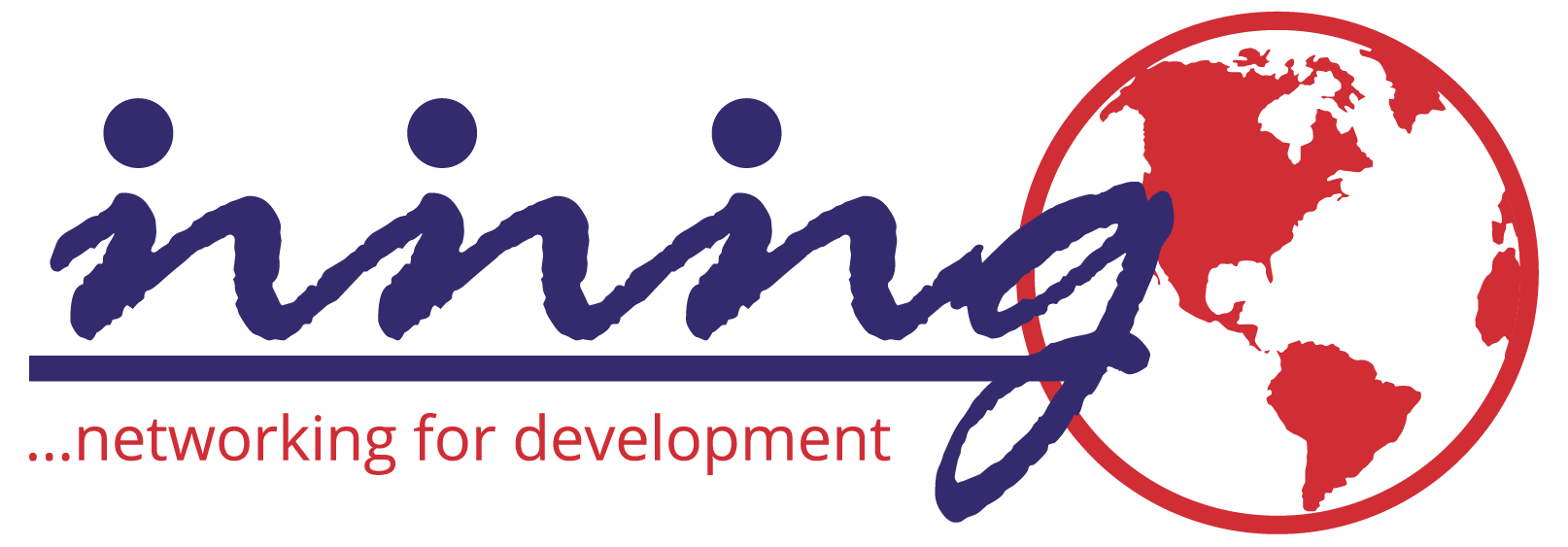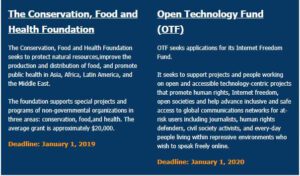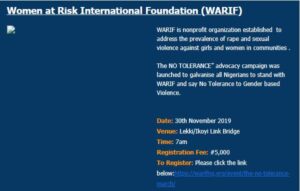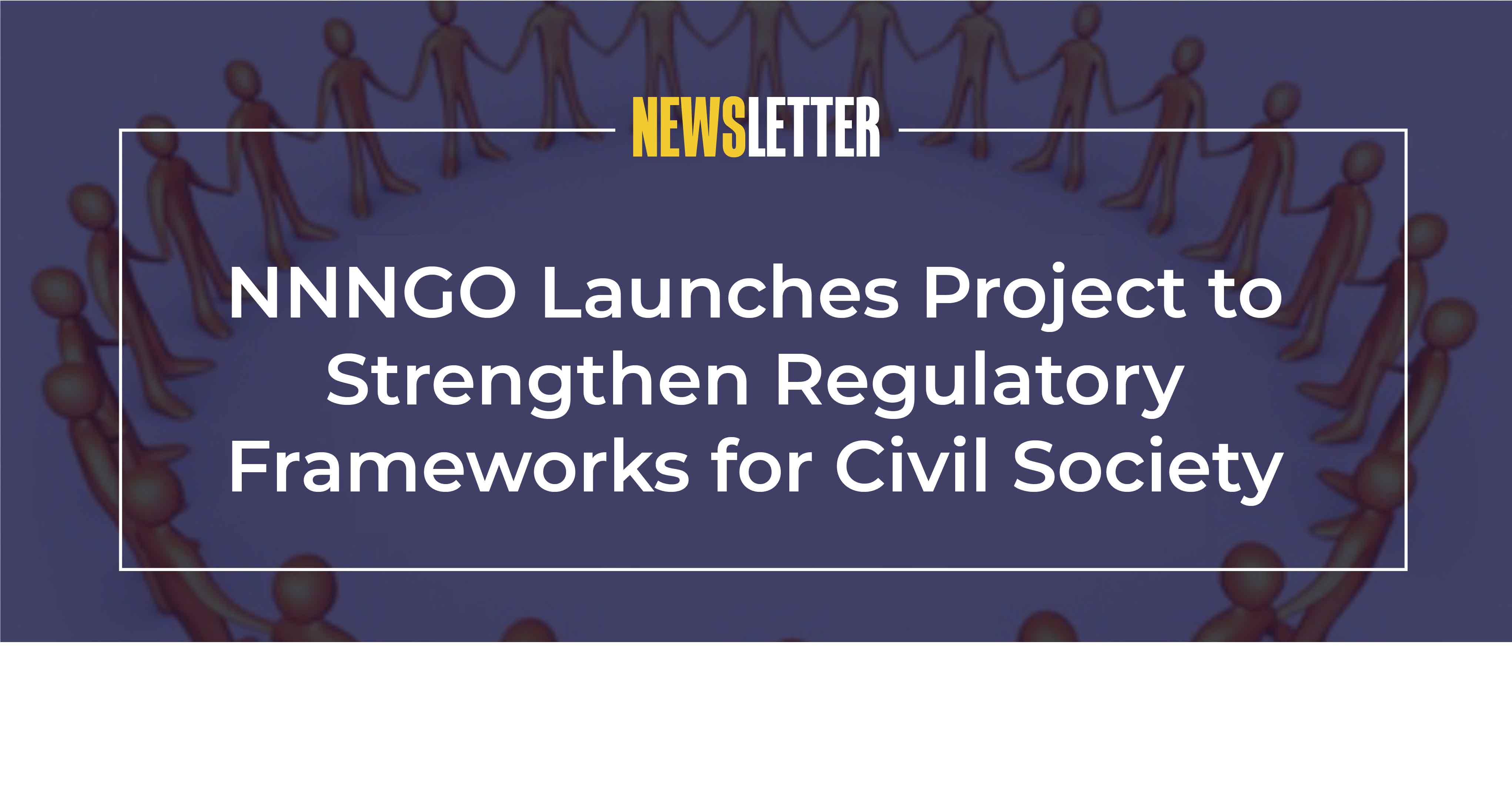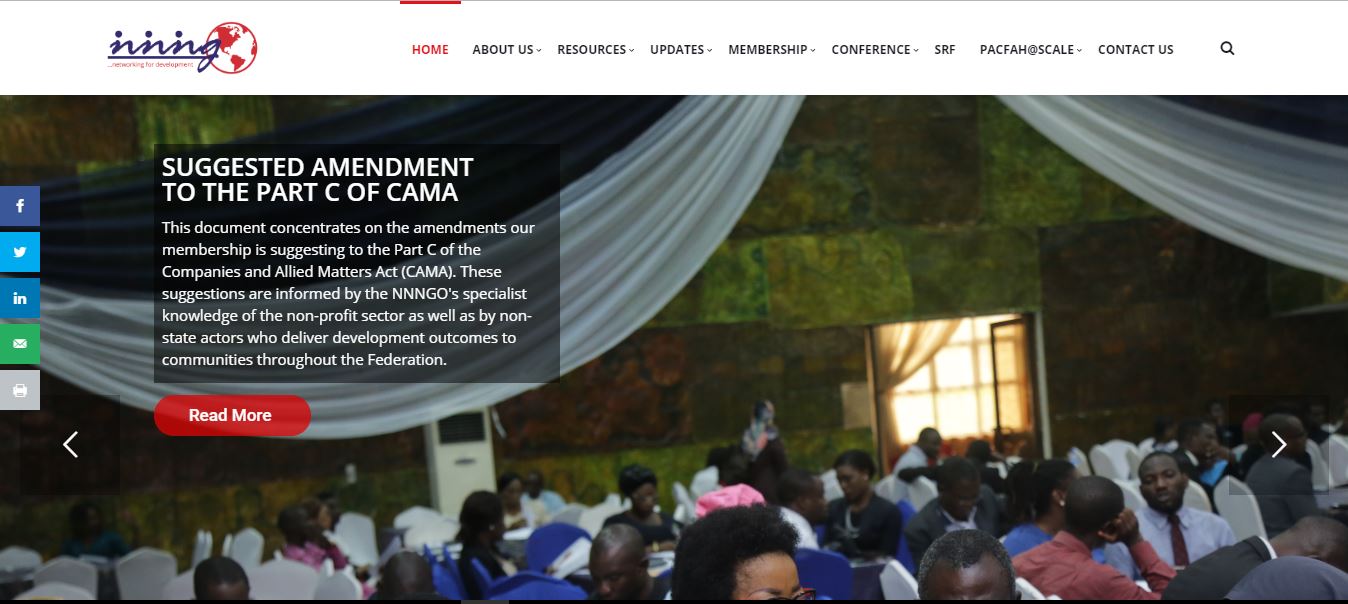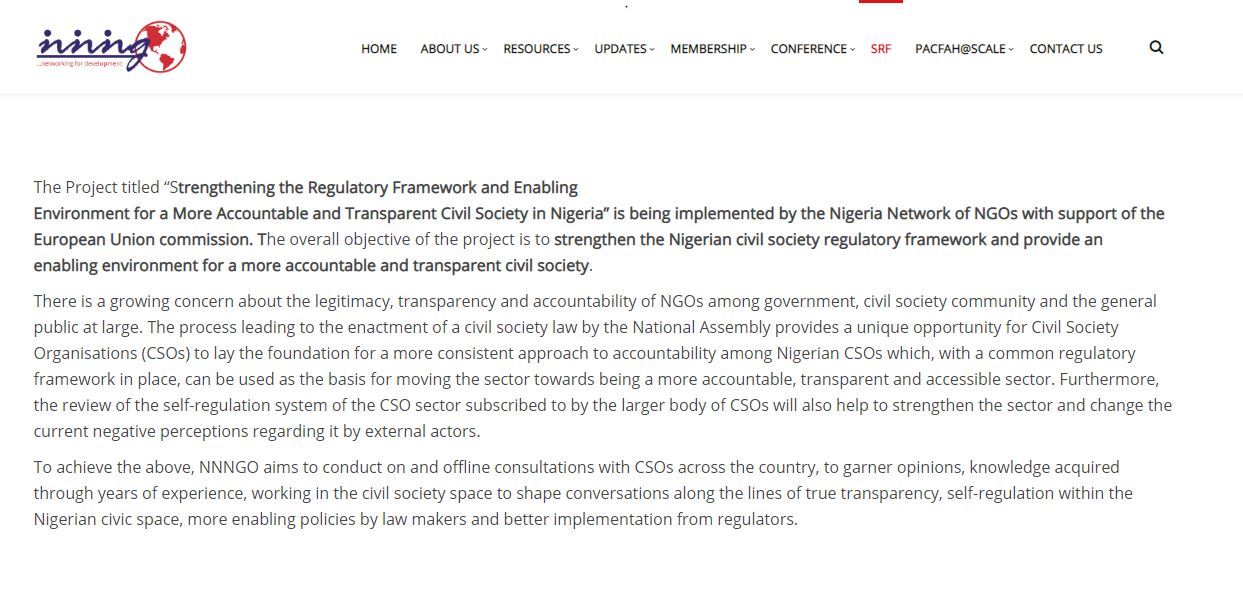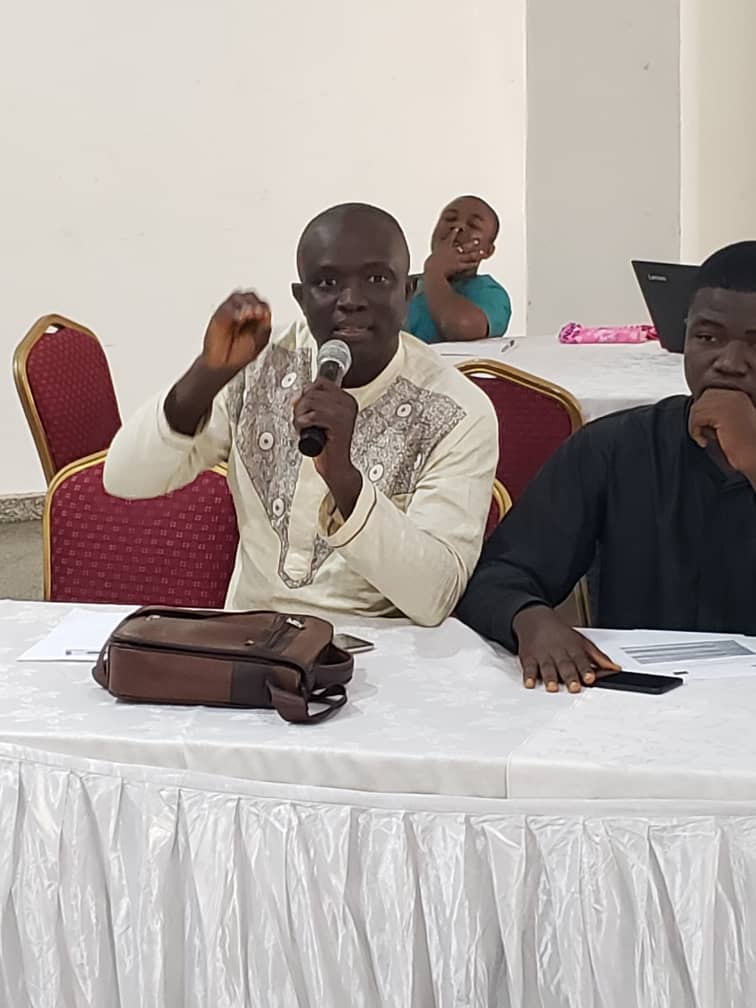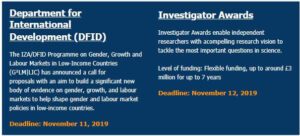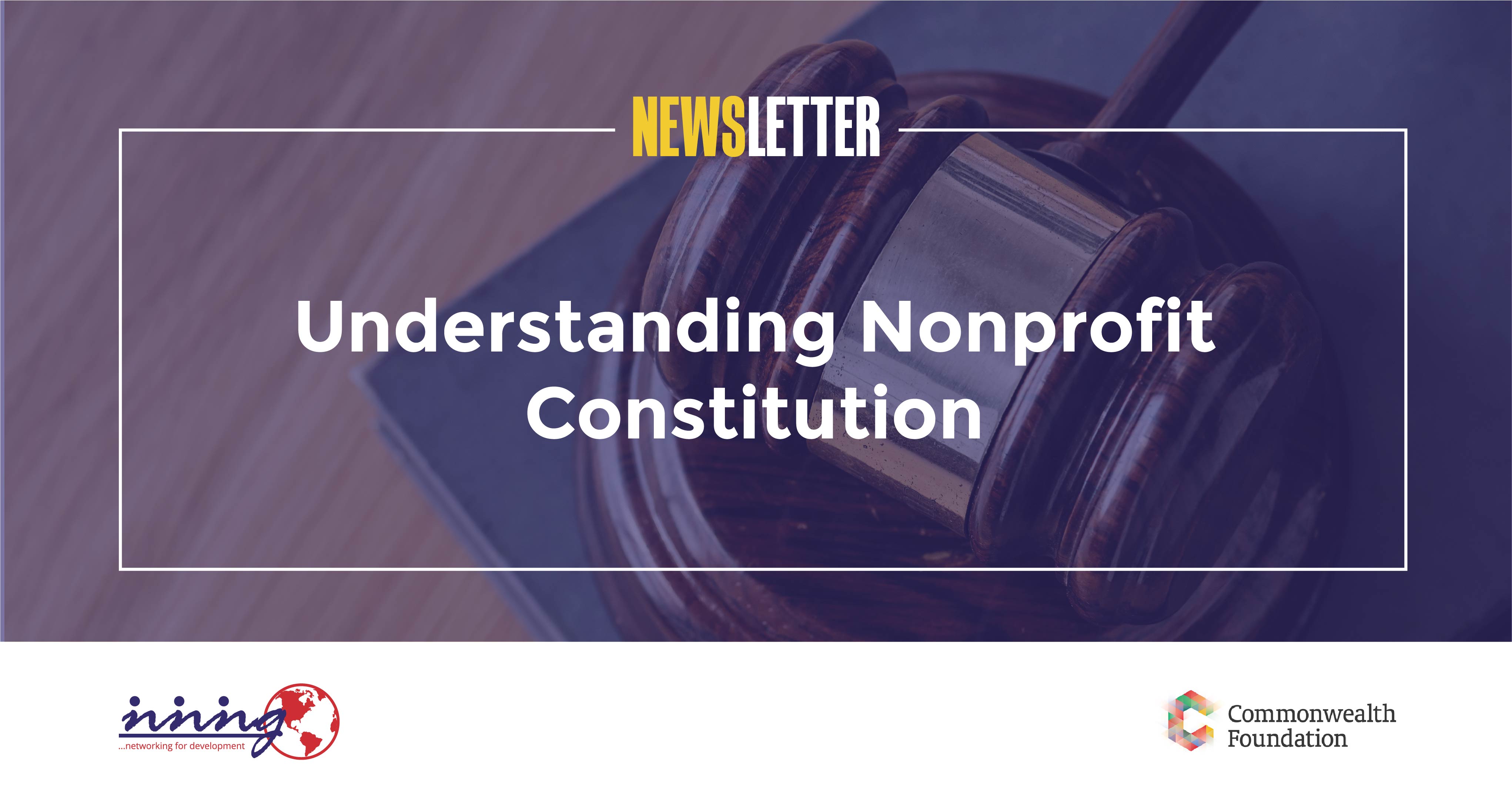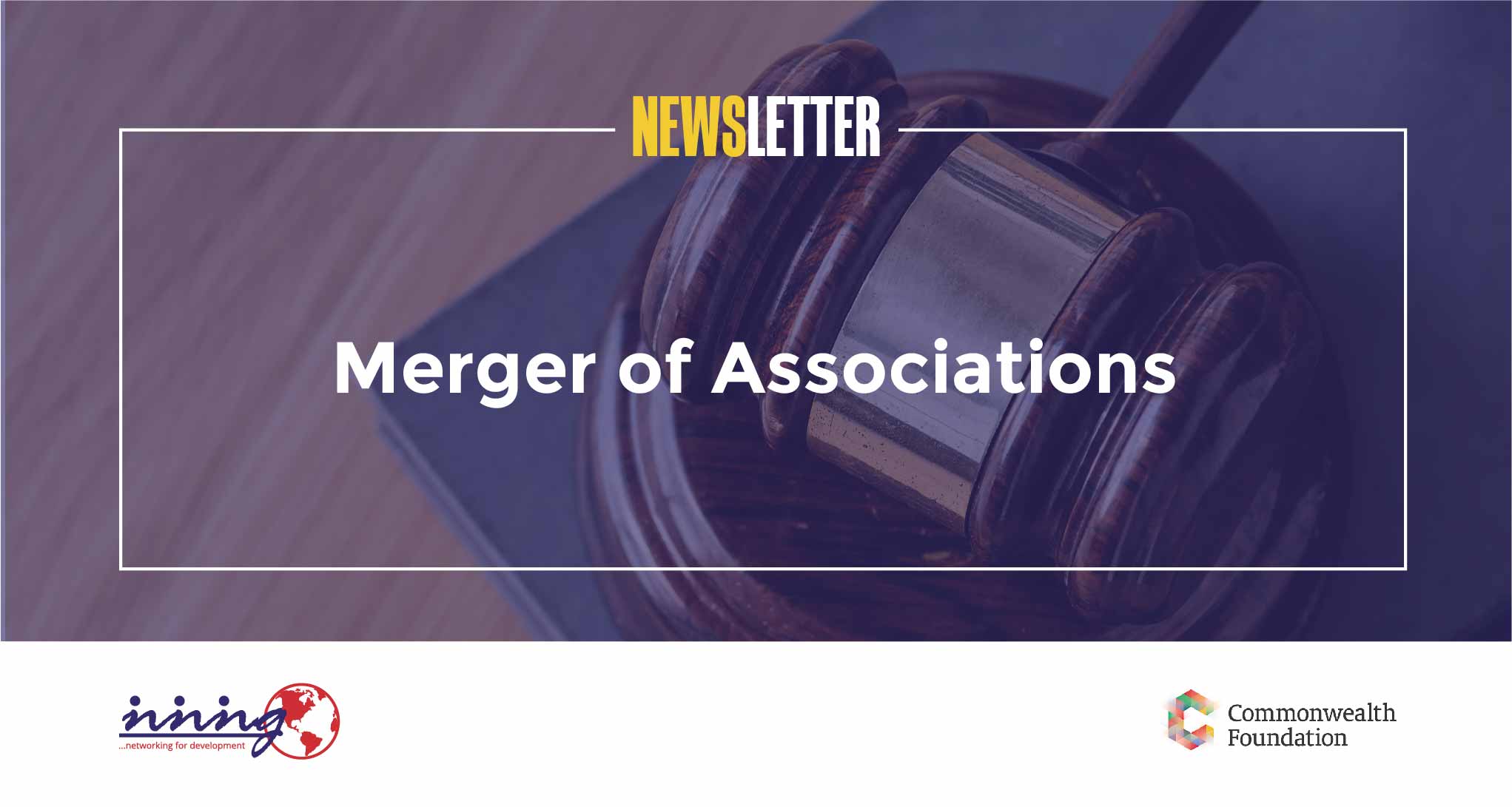List of NGOs in Nigeria
Searching for a well-updated list of NGOs in Nigeria can be very difficult but many thanks to the Nigeria Network of NGOs (NNNGO) which is the first generic membership body for civil society organisations in Nigeria with over 3495 organisations ranging from small groups working at the local level, to larger networks working at the national level.
The list of NGOs in Nigeria facilitated by Network which charged with the objective of identifying, registering, coordinating, building capacity, and mobilizing civil society organisations to promote interconnectivity and bring equity, justice, peace, and development to grassroots communities throughout Nigeria, including the implementation of the Sustainable Development Goals (SDGs).
The list of NGOs in Nigeria registered with NNNGO is grouped according to the states, thematic areas, and alphabetical order which is stated below: NGO’s Directory by State, NGO’s Directory by Thematic Area, and NGO’s Directory by Alphabetical Order.
The followings are the list of NGOs in Nigeria grouped by states
ABIA
- ABIA NORTH INDUSTRIAL DEVELOPMENT INITIATIVE
- AFRICA HOPE ALIVE INITIATIVE
- AFRICOMMUNITY TECHNOLOGY DEVELOPMENT CENTER
- ANNABELLES BOGI DEVELOPMENT INITIATIVE (ABDI)
- ASA-AMATOR AMATEUR WOMEN COUNCIL
- CECILIA NKEMAKOLAM FOUNDATION
- CITY TAKERS NETWORK
- DCOM WORD ACADEMY
- DESIRABLE-IMPACT
- DEVELOPMENT GENERATION AFRICA INTERNATIONAL
- DICK TIGER IHETU FOUNDATION
- DIPLOMAT YOUTH ORGANISATION
Kindly read more here
Below is the list of NGOs in Nigeria grouped by Thematic Areas
ADVOCACY
- ABONNEMA YOUTH ADVOCACY MOVEMENT
- AFRICAN VULNERABLE WELFARE EMPATHETIC AND EGALITARIAN SOCIETY OF NIGERIA
- ANPEZ CENTRE FOR ENVIRONMENT AND DEVELOPMENT
- ELFRIQUE SOLUTIONS LIMITED
- FEDERATION OF OGONI WOMEN
- IDAMA BELEMA ERE
- INTERNATIONAL SOCIETY FOR HUMAN RIGHTS AND SOCIAL JUSTICE
- KANO NETWORK OF NGOS.
- KEEPING IT REAL (KIR) FOUNDATION
- PRIVATE INVESTORS CLUB
- PROJECT NEW NATION
Kindly read more here
The list of NGOs in Nigeria according to Alphabetically order
- Abibimman Foundation
- Abraham Adesanya Foundation
- Abraham’s Children Foundation (ACF)
- Abraham Omuya Foundation
- Abia North Industrial Development Initiative
- Able Reading Group
- Abuja Children and Youth International Association of Nigeria (ACYIAN)
- Abuja Metro Junior Chamber
- Academic Associate Peace Work
- Academic Associates
- Accountability Commitment For Innovative Optimism & Excellence Foundation
- Ace Development Initiatives
- Achievers Development Centre
- Achievers’ Multipurpose Cooperative Society
Kindly read more here


